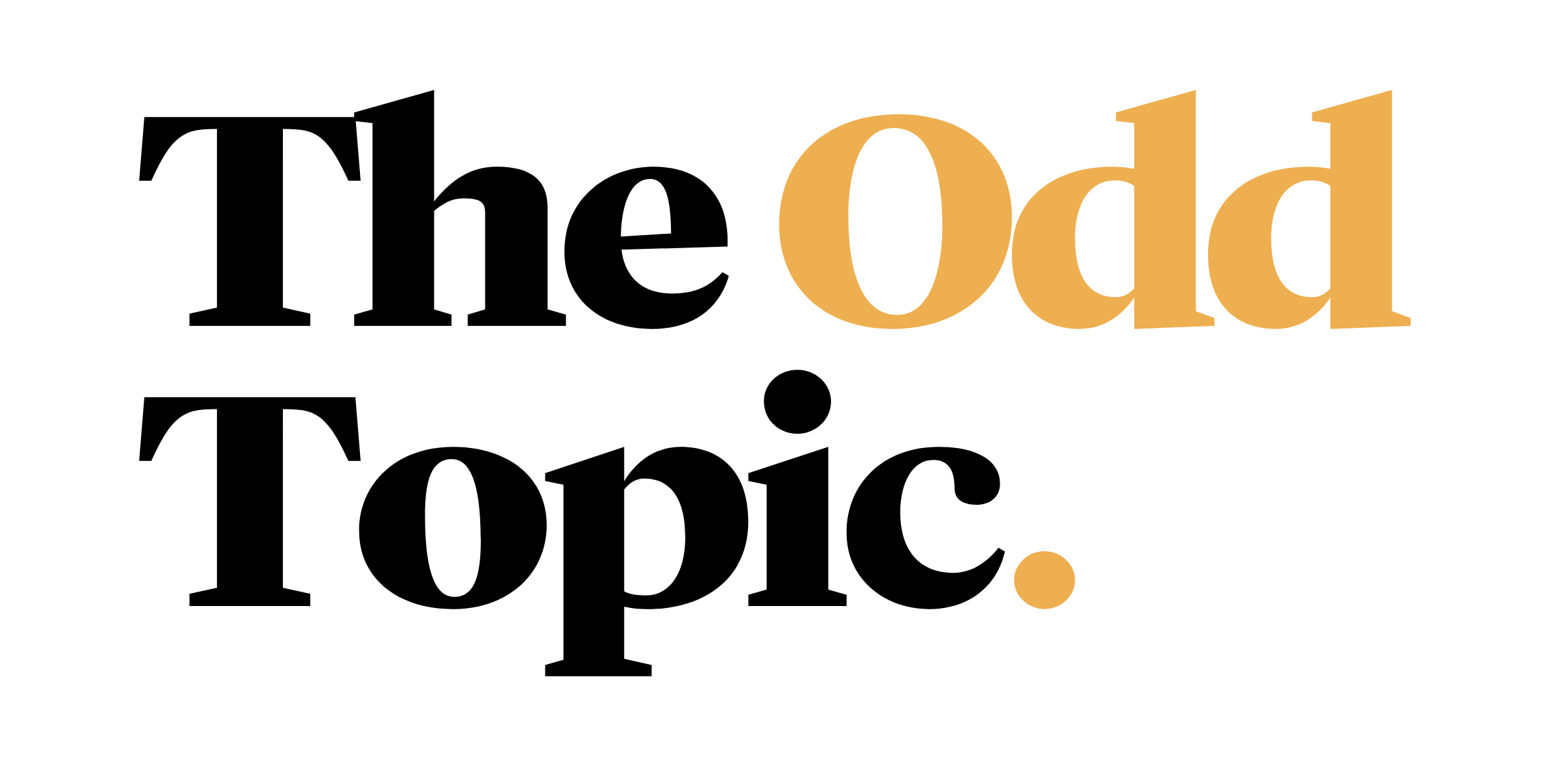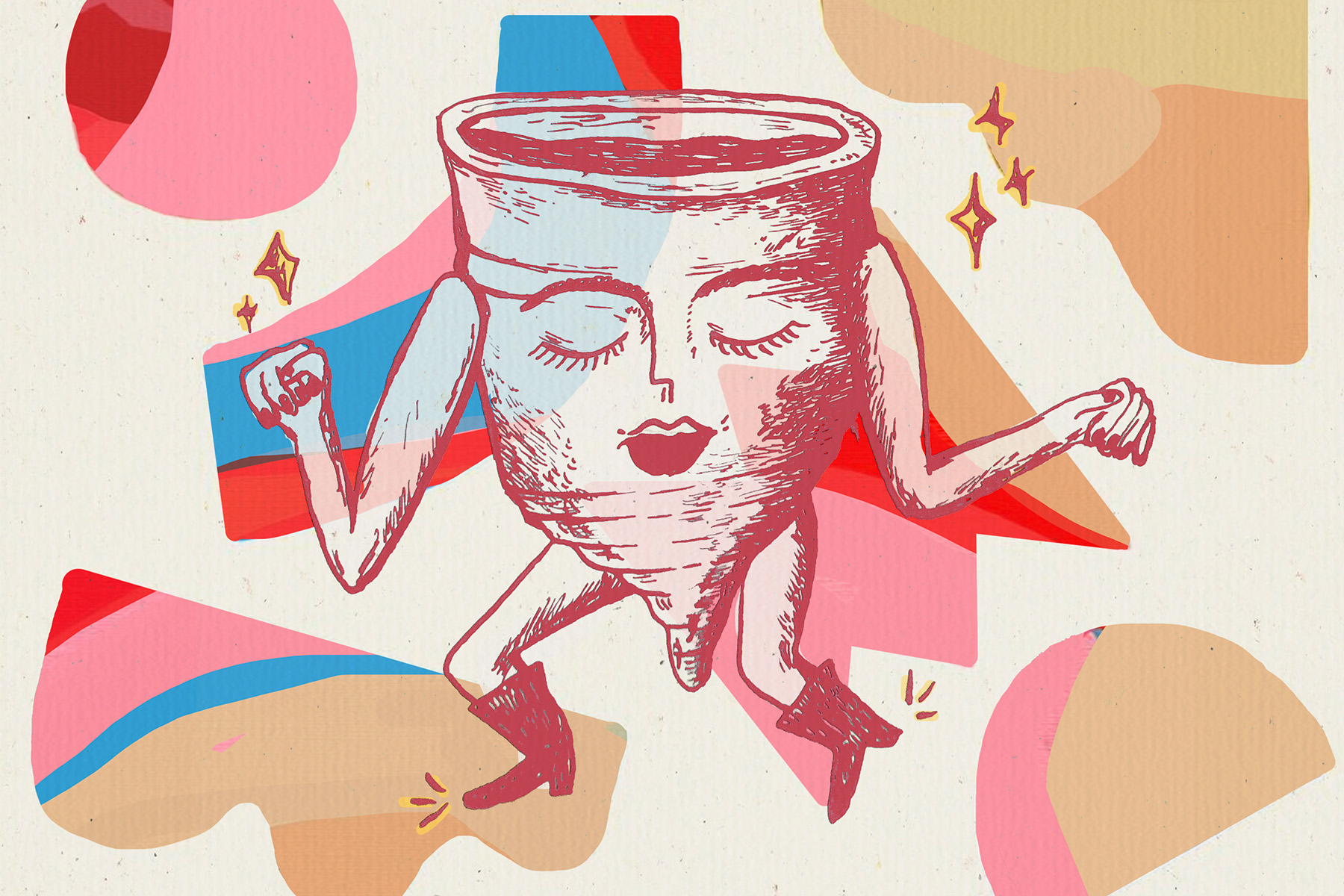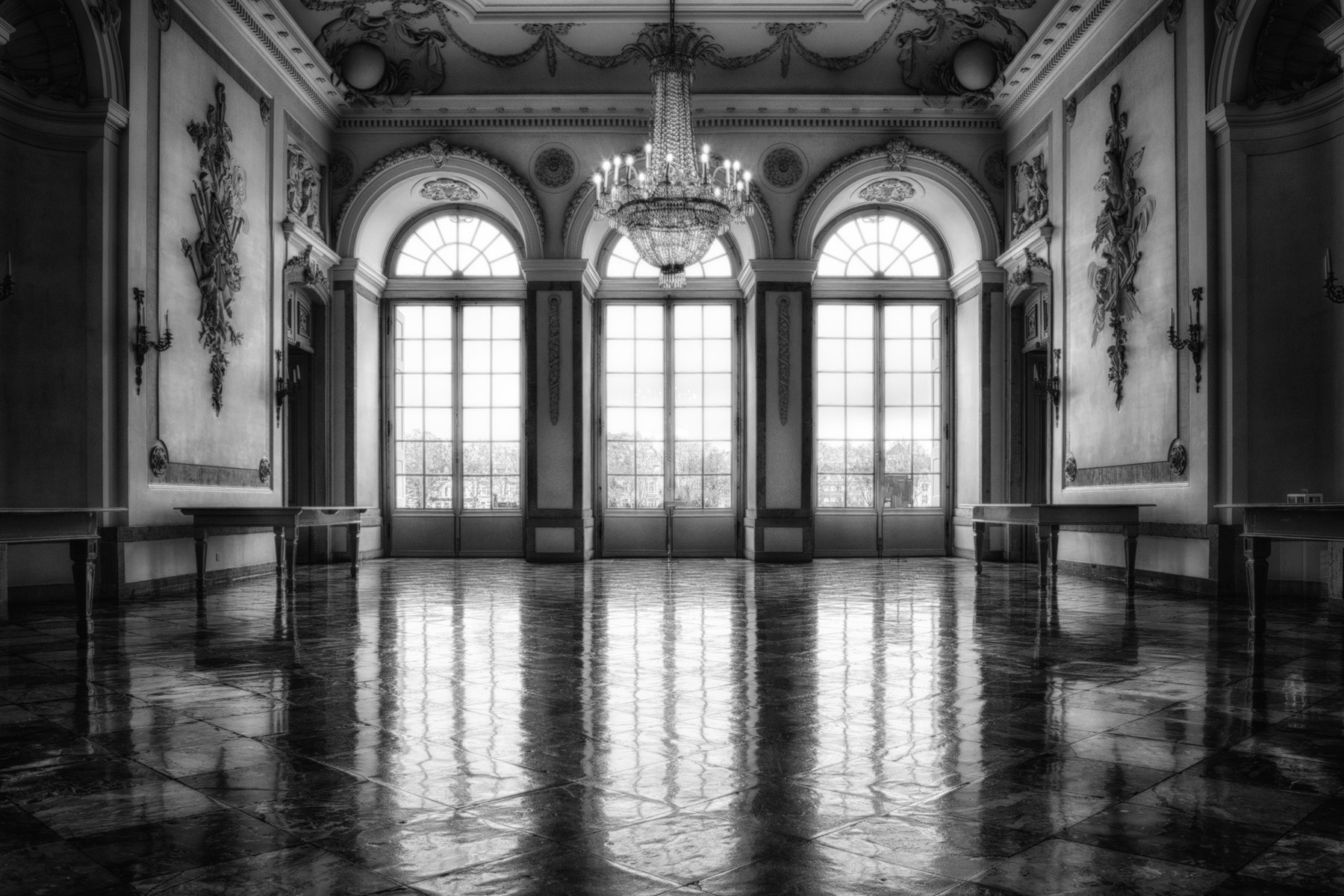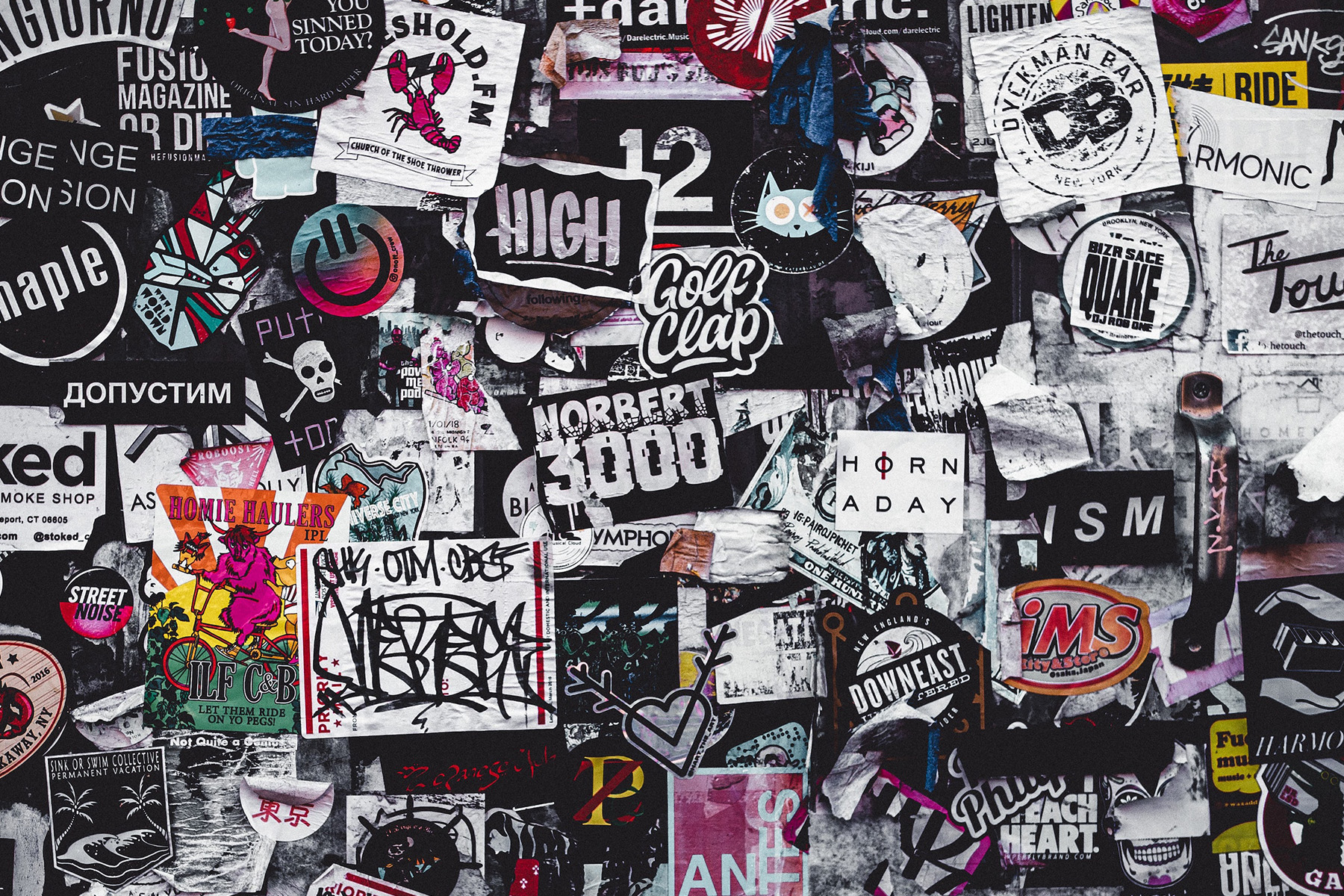Philosophers argue that all of us are free, always. Even a prisoner is free, for they can make one of two decisions: stay where they are, or try to escape. Freedom doesn’t mean that we can do whatever we want at all times, but rather that we always have a choice—as long as you consciously make decisions about your life, you are free.
If this doesn’t sound quite right, it is probably because we frequently conflate freedom with liberty. Liberty is the ability to do as one pleases with few restrictions imposed. Liberty is what we lose under oppressive regimes, in prison, in bad relationships, or during a global lockdown; we lose personal control and are much less able to exercise power over our own lives. Purely, though, philosophically, the person in each of these situations of decreased liberty is still free.
Freedom is bestowed upon every human on the planet, though it is by no means distributed evenly across all of us. People with more choices available to them—because of random attributes like when and where they were born and the body they were born into—may appear to be freer than others: through these chance circumstances, you may have more or fewer freedoms than your neighbor.
Women born today are freer than our grandmothers were, and someone born into a wealthy family tends to be freer than a child born in poverty. But both the woman of today and the woman of 60 years ago—as well as the children from two different socioeconomic backgrounds—are free. It isn’t necessarily about a better or worse life, but the different choices available to you.
I grew up in the United States, a country that—perhaps more than any other—values freedom and liberty above all else. At least, that’s what they would like you to believe. Our Pledge of Allegiance promises “liberty for all” and the first amendment in the US constitution protects our freedom—of religion, of speech and of association. So it is no surprise then that the United States, the “land of the free,” is also probably the land with the most amount of choice. If you’ve ever taken the time to flip through the multi-page menu at an American diner, you’ll know what I’m talking about.
But it isn’t just the United States proffering absurd levels of choice—around the world we seem to be becoming freer and freer. But what if more wasn’t actually better? Studies—and most likely your personal experiences—show us that freedom and happiness don’t always go together. Or rather, unchecked freedom—in the form of unlimited choice—does not necessarily bring contentment.
And yet we are practically assaulted by choice.
If I take a walk down the aisle of an American pharmacy, I might find 30 different bottles of shampoo, all offering ways to treat hair problems I didn’t even know I had: frizz, dandruff, split ends, oil, sun damage. Or let’s say I’m making a purchase online or doing a bit of research before heading into the store. When I type into Google “best tablet,” 1,750,000,000 results populate, with 9 different articles on the first page alone boasting lists of the best tablet to buy in 2020. Even in politics we seem to think that more is better: in 2019, the American public was presented with 28 allegedly viable candidates for the Democratic presidential nomination.
How is the consumer, and the voter, meant to navigate through all the weeds?
This is not to say that choice in general is a bad thing—many studies have proven that choice can “increase the individual’s sense of personal control and feelings of intrinsic motivation” (Iyengar), both of which can have long-term positive consequences. But after a certain point, each additional choice offered to an individual has a smaller and smaller positive impact and often creates negative consequences.
An experiment that is now simply known as the “Jam Study” [Sheena Iyengar, 1995] elucidates humans’ desire for, and excitement around, choice, while simultaneously highlighting the decision-making inefficiency when too many choices are present. In this study, a table was set up in a grocery store to display a jam selection for sale. Every couple of hours the researchers rotated between a selection of 24 jams, and a selection of just 6. When there were 24 jars of jam on display, 60% of customer stopped at the table to sample some of the flavors, as compared to the 40% of customers that stopped when there were 6 on offer. However, when it came time to make a purchasing decision, only 3% of the customers who tried jam from the 24-jar table made a purchase, as compared to the 30% of customers who tasted the jam when only 6 jars were on display.
The allure of high levels of choice is not equally met with our ability to commit to just one of them.
Another experiment like the Jam Study was duplicated, this time using Godiva chocolates and asking participants to select 1 chocolate either out of a selection of 6 or a selection of 30. Once again, consumers appeared to be attracted to more choice: the participants who selected a chocolate from the array of 30 reported more enjoyment during the process than the ones who selected from just 6. But once the participants tasted the chocolates they were again asked to rate their satisfaction.
Those that chose from the much larger selection—the same ones that reported more enjoyment during the process of choosing—reported lower levels of satisfaction once they had actually eaten the chocolate, and indicated a lower likelihood of purchasing in the future. This suggests that more complex decision-making processes can make one feel more responsible for the outcome, more frustrated when the outcome isn’t perfect, and once again less likely to commit to just one choice in the future.
Hand in hand with the idea that having more choice is better is the idea that, because of all of the choices we have, we should all be extremely happy. If we are able to select the shirt, the shampoo, the ice cream flavor, the holiday, or the job that suits our personality, goals, interests, and tastes so perfectly, why should we ever be sad?
But this notion rests on the assumption that we all know what is best for us, or that there even is something that is best for us. You may be suited for a job in publishing—you’re an avid reader, an editing whiz, and there’s a certain romance to a dying industry, but it’s got a low salary and minimal benefits. But…books! It’s practically your dream job! But is it perfect, is it absolutely perfect? Could you be making more money somewhere else and still do something that you love? What about one of those start-ups with the beer tap in the kitchen? Start-ups seem cool, and where else are you going to get all that free afternoon beer?
The thing is, nothing is perfect, and in a culture of shiny, happy people and “How to have it all” self-help books, we feel inadequate if we are not doing the most perfect thing in the world.
So we research all the jobs available, all the industries, all the roles, we cross-reference all the reviews from current and past employees, we study their ‘about us’ pages, scroll through the photos on their team page—is that a glimmer of remorse I see in their eye? We end up exhausted, confused, and most likely unsatisfied.
And it’s not just the job market or the supermarket that create confusion by having too many choices, but also the meat market. Oops, sorry, I mean the dating market. It turns out choosing a mate may not be so unlike choosing a jam or a chocolate. When I was a kid, the idea of people meeting their husband or wife on a dating website (there were no apps yet) felt a bit sad. You’d only use one of those if you were looking for wife number 5 or suffered severe social disorders or had incredibly specific tastes and only wanted to date people who really liked Star Trek or cats.
But today, dating apps are ubiquitous, and if you are in your twenties, there’s a good chance you’ve been on one at least once in your life. However, despite an increase in dating app use over the past decade, there are actually more single people today than ever before. In the United States, 45% of people over the age of 18 are unmarried, a dramatically greater number than the 28% of adults who were single in 1960.
With millions and millions of young people on dating apps today, but fewer people in actual relationships, it’s clear that the brain of a sexually frustrated 25-year-old works in much the same way as a hungry consumer in the aisle of a grocery store. That is to say, we are intrigued by all the choice, we think we want to look through hundreds of potential matches each week, but in reality, our satisfaction levels go down and our ability to commit to one choice becomes all the more difficult.
In a study conducted in 2019, groups of people entered simulated dating app experiences and were given the proposition that, to many of us, is all-too-familiar: swipe right on the faces you like the look of, swipe left on the faces you don’t. Okay, go! The experimenters established a negative relationship between swiping left—or rejection of the men and women on their screen—and satisfaction; the more the participants swiped left, the less satisfied they felt with the experience.
Across all participants, acceptance of the choices on offer (or swiping right on a pretty face) decreased as they were given more and more options. On average, acceptance decreased by 29% over the course of the study, which points to a decrease in satisfaction over the course of a normal dating app swiping spree.
So here we are, surrounded by tens, hundreds, thousands of options of jam, shampoo and potential life partners, and we have no idea what to do. It is for this reason—this uniquely human curse wherein it is up to us, and us alone, to decide for ourselves what our lives look like, what we do every day, who we spend our time with, what we believe in—that Jean-Paul Sartre stated that we are “condemned to be free.”
As an existentialist, Sartre believed that existence precedes essence. Which is to say that our presence on the earth, our life and physical being, occurs in the first place, without any notion of who and how we should be. Humans simply are, and it is up to each of us to make something of ourselves. I think we all feel this deeply, sometimes painfully, to be true. Create a life for yourself, or else remain a shell of mere existence. What a profound responsibility we have been given! And what good fortune that our species alone has such great control over the very crux of what it means to be uniquely me, uniquely you.
A few years ago, I reached one of those fork-in-the-road moments when I stopped and reflected on my life. Am I happy? Do I like what I’m doing? Is there another way that I could live? If I am still here in 5 years, how will I feel? My answers to these questions were no, no, definitely, and pretty shit.
Rather than letting myself be convinced that, “this is just the way life is” and that “no one loves what they do,” I decided to leave New York, travel around a small sliver of the world, and learn about those other ways of living that I knew had to be more than mere myth. Over the course of 3 months I traveled in Portugal, Spain and Italy, Slovenia, Croatia, Montenegro and Albania, then lived and worked in Mexico and Guatemala during the succeeding 9 months.
In July of 2019 I came to London to “visit my family” and ended up staying, working in pubs and restaurants through the New Year. But what am I doing?, I asked myself frantically during the dark, gloomy months of winter, I’m supposed to be free! There are so many places I could be and things I could be doing!
For months, I planned my escape, researching travel routes in Eastern Europe—where I could start, where I could end, where I might find work. What were the new experiences I wanted to have? I still hadn’t made it down to South America because I’d gotten stuck in Guatemala, unable to leave the beautiful lake and volcanoes that became my home for 7 months. Had I already blown it? Was it too late? How was I going to do all the things I wanted to do?
Living in fear of wasting my freedom, I had gone way too far in the opposite direction.
I had begun to live—and think—as though, by not actively taking advantage of all of the options I had available to me, I would somehow lose them forever. I was afraid of wasting my freedom, but I had somehow become a slave to it.
In so many different ways, this is a phenomenon experienced by millennials all around the world. Many of us have traveled, most have received secondary education, and the majority of us have been exposed to so many more opportunities than our parents. We are lucky, and we know it. And it is perhaps because we know how lucky we are—because we know that our parents didn’t have it as good as we do—that we feel the pressure to live up to this idea that we can do anything.
The problem is, we’re not always sure what to do.
Maybe if we could just, like, get a sign? In a world of over-the-top choice, undue anxiety, and the pressure to forge the right path for ourselves, more and more members of my generation are looking for just that: a sign, a message, some otherworldly direction. In 2017, 13% of women aged 18-35 who responded to a survey conducted by Georgetown University said that they had considered becoming a Catholic nun, and since 2010 the average intake age into a convent has dropped from 40 to 24 years old.
When asked about this trend, wherein more and younger women are deciding to become nuns, Patrice Tuohy, a publisher of religious pamphlets, said that it seems that “amid all their freedoms, these young women wanted to be led.” (Read more about this fascinating phenomenon here). Now, I must admit, I really don’t want to become a nun, but I do understand the idea of wanting to be led, guided in the right direction and towards the right decision. My answer didn’t come in the form of religion, but it did come.
Right at the height of my freedom-induced anxiety, when I couldn’t figure out where to go and what to do, when the prospect of getting everything right made me nearly as stressed out as it did excited, the world stopped.
There were no more maps to pore over, no trains to be booked, no backpack to be packed. Due to completely unforeseen circumstances, I now know what I am going to do and where I am going to be.
In the face of a global pandemic, I no longer have to worry about half of the things that had been stressing me out before. At least for now, life is simpler. I may not be able to see my friends or travel like I used to, most shops and businesses are closed, and I have seemingly fewer options each day, but I am still free and always will be.
The world over, we are starting to realize what is really important to us, and it isn’t wasting time selecting the perfect shampoo, it isn’t comparing what we have now with what we might possibly have in the future. Without all of the clutter, without the needless choice, we are able to just live. I hope that this time teaches us all how to better exercise our freedom.
Let the decisions we make today be more personal and more important, more about the people we are, rather than the things we want.
Sources
1. Gur Huberman, Sheena S. Iyengar, and Wei Jiang. “How Much Choice is Too Much?: Contributions to 401(k) Retirement Plans.” Oxford University Press, 2003. https://pdfs.semanticscholar.org/04f0/7b37fc9deb167e56c729e1f35e052998ba4a.pdf.
2. Tila M. Pronk, Jaap J.A. Denissen. “Rejection Mind-Set: Choice Overload in Online Dating.” Tilburg University, August 2019. https://journals.sagepub.com/doi/full/10.1177/1948550619866189.




